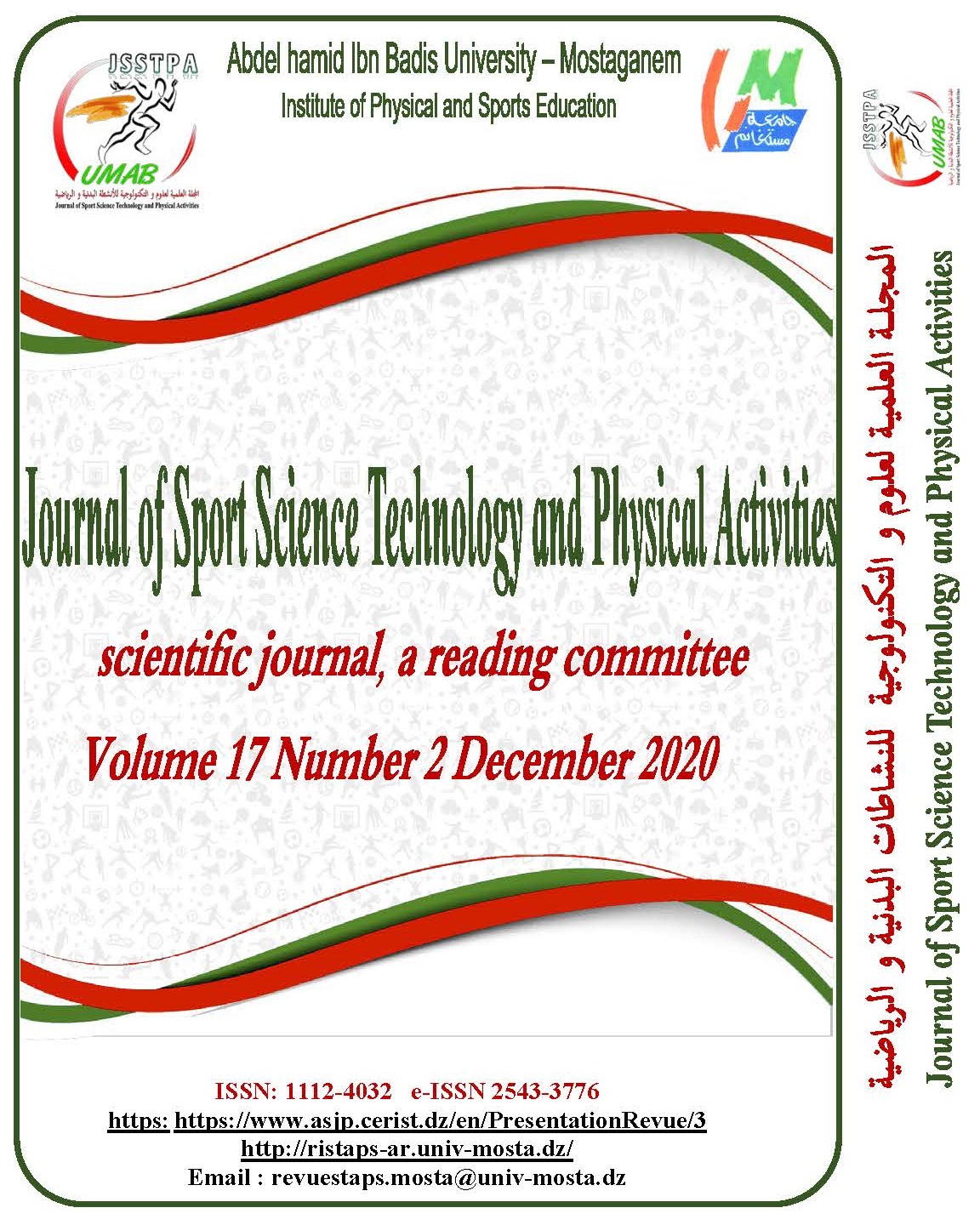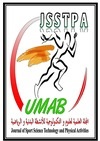Study Of Biomechanical Variables Controlling The Good Performance Of Some Fundamental Movement Skill In Male Preschoolers (5-6) Years
Keywords:
kinematic variables, running skill, preschool childrenAbstract
OBJECTIVE The aim of this study was to identify the kinematic variables that determine the good performance of running skill in male preschool children aged 5 to 6 years. :METHODS Thirty children were evaluated, and for data collection, we used a test of running at maximum speed for 20 meters to measure the running skill in preschool .children, and then photographed by a digital camera, which was set on the left side of the running line :RESULTS The discriminant analysis showed that the running speed achieved in a 20-meter run test in preschool males 5-6 years in addition to age and anthropometric characteristics (height and weight) is greatly influenced by the following kinematic variables: step length, step frequency, support phase time, as well as flight phase time, and among all the kinematic variables, the step length and step frequency are the most specific variables for the variation in running speed achieved by children. :CONCLUSIONS Based on the previous results, the study recommended the developing of motor activities focusing on the above kinematic variables
Downloads
Published
How to Cite
Issue
Section
License
Copyright (c) 2025 Author(s)

This work is licensed under a Creative Commons Attribution 4.0 International License.




